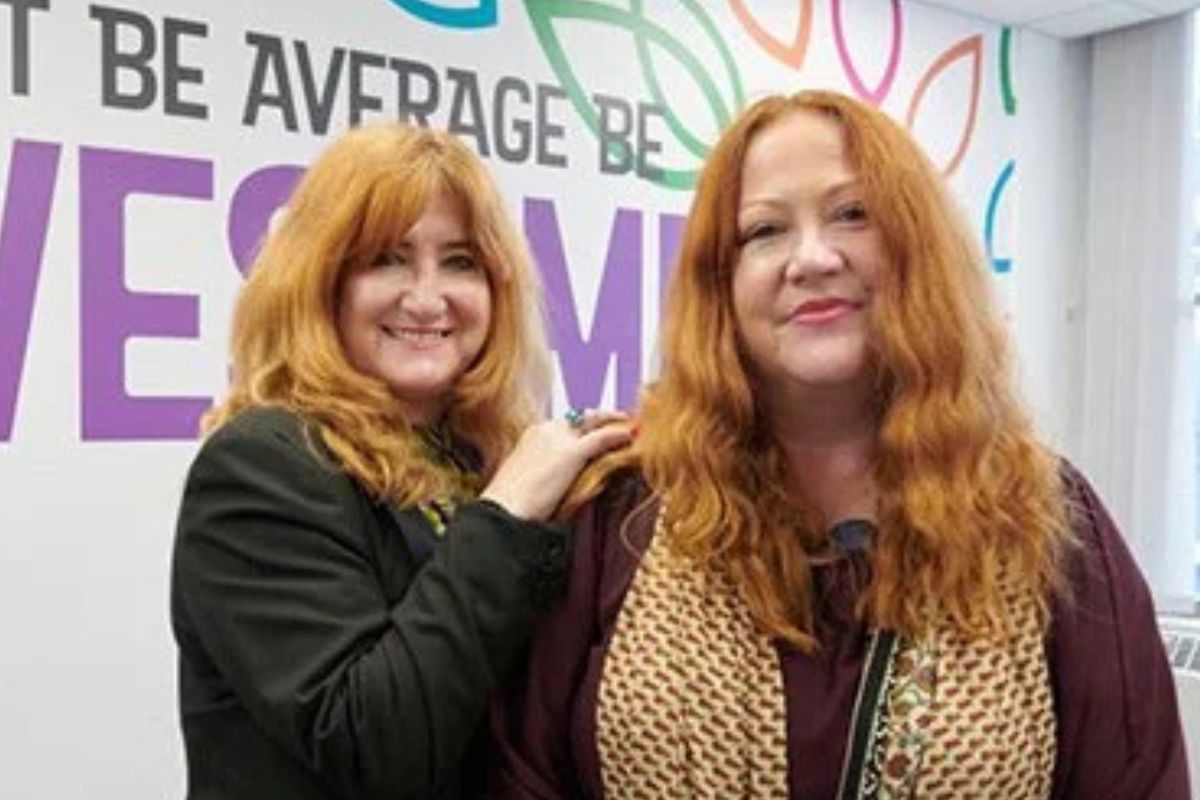Only a quarter of skilled tech jobs are held by women, this is why

Skilled technology jobs are becoming ever more important, but research has shown that two thirds of technology firms are experiencing a shortage of skilled workers, and despite the increased demand, only a quarter (25%) of roles in technology skills are filled by women.1
- Only 25% of roles in technology are currently filled by women
- Female interest in tech-focussed careers is increasing
- Code Institute are encouraging more women to explore careers in software development
Despite this, it’s clear that female interest in tech-focussed careers is increasing, with Google Trends data2 showing a dramatic rise in searches for ‘women in tech’.
To share the impact that reskilling in tech can have on a career, Code Institute is sharing inspiring case studies from female graduates who transformed their lives by taking a coding course to become software developers.
Women often have misconceptions about coding, and question whether it’s a valid career choice. In a recent study, Code Institute applicants listed what they consider to be the four main barriers to women learning how to code3.
These included:
- Negative perception: Coding is perceived as not something women are good at
- Self exclusion: The belief that you need to be good at maths to code
- Time commitment: The concern that a course will not fit into their busy life
- Lack of confidence: Especially around age
These concerns often mean that women discount coding and software development as a potential career.
However, online coding courses offer flexibility to reskill around existing commitments, and open up new career opportunities to people of any age.
Women in tech: Inspiring case studies to break the gender bias in coding
Code Institute graduate, Anna Greaves, 41, was a stay at home mum, and ran a small online art business before learning to code. She said:
“A couple of years ago my husband got very very sick, and it was a real wakeup call for me that I needed to have a stable income to support myself, my kids and my family.
“Because of the remote nature of the online coding course, I was able to work at my own pace and in my own time. I can work when the kids are in school and when they’ve gone to bed, and you can start from anywhere, I could move to the other side of the world and continue what I’m doing.”
Former stay at home mother turned Software Developer, Sarah Barron said: “I found the coding course to be very accessible, I could do it at home or in the cafe down the road, so my remote location had no effect.
“It really gave me the opportunity to work in a job that had great work-life balance, and still be there for the kids. I could do projects in the morning and in the evening when they’d gone to bed, but I can still be there for them, and that’s my main aim in life, to be there for them whilst they’re young.”
Joke Heyndels, 35, who was a production administrative assistant prior to learning to code, said:
“I originally started the online coding course when I was on furlough, and I loved it so much I wanted to continue. I always liked working with computers beforehand, but I always wondered what was going on inside, so I wanted to learn more.
“The course was a great experience learning about remote working, and it’s great being able to work from your own home.”
Jane Gormely Director of Career Services at Code Institute, said:
“Coding is now more accessible than it ever has been, with high quality and flexible courses meaning that women have so many options when it comes to reskilling and finding a career in technology.
“At Code Institute, we want to challenge the stigma of women in tech, and encourage more women to put aside any misconceptions they may have and learn more about the fantastic career prospects available in software development. This year, Code Institute launched a £100,000 Level Up scholarship programme.
“Scholarships are granted to women from conflict areas suffering from the sudden disruption of opportunities in their home countries. We look forward to supporting these ladies through their career change journey and we hope that women around the world continue to be inspired to look to coding as a new career path.”
- [1] The Harvey Nash Group Digital Leadership Report
- [2] Google Trends search data for ‘women in tech’, accessed 14/03/22
- [3] The four points were found in a study of female Code Institute applicants











Responses